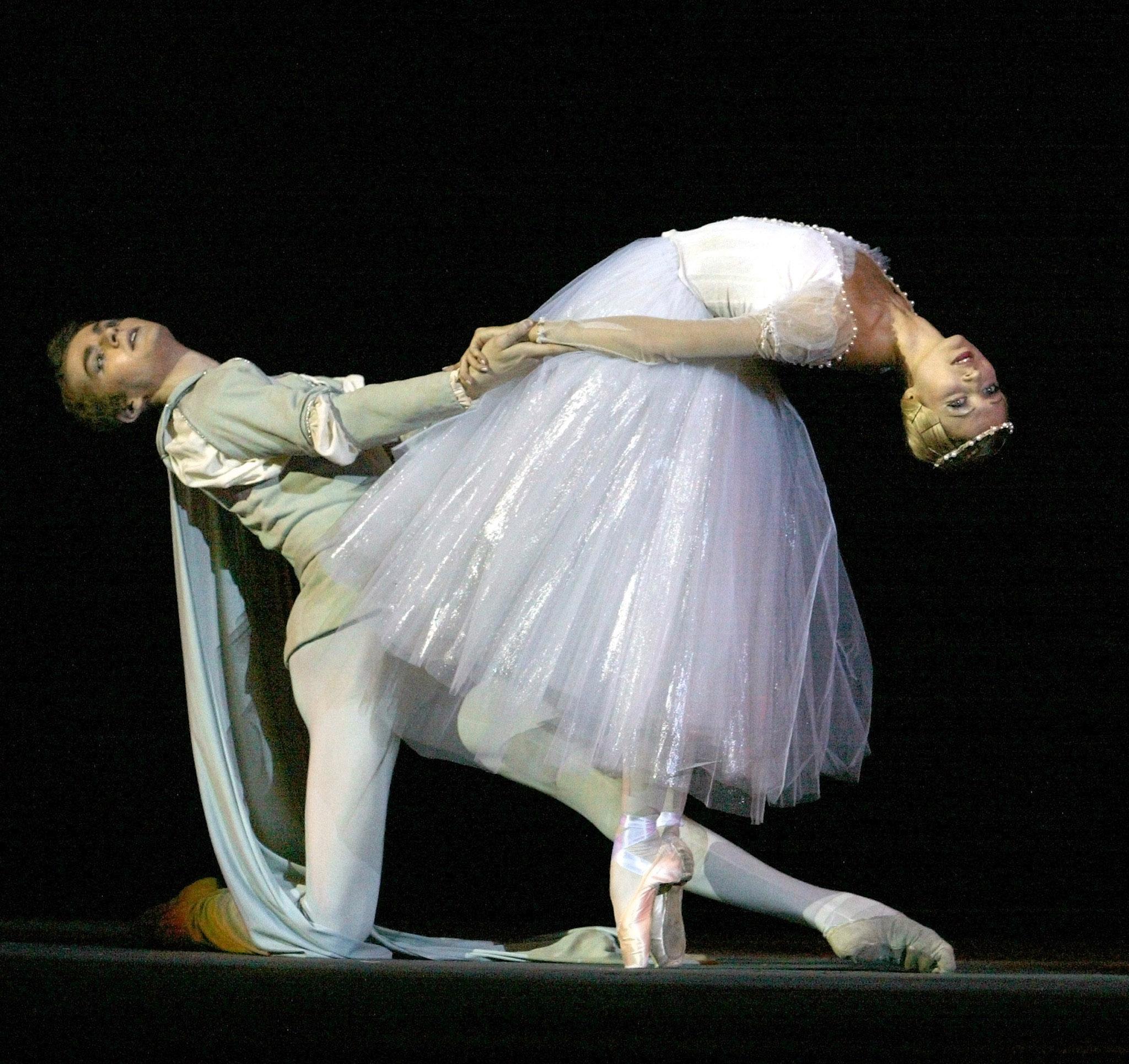Last week on XX Factor, Alyssa Rosenberg declared her undying hate for Shakespeare’s Romeo and Juliet in advance of a Broadway production starring Orlando Bloom and Condola Rashad. Announcing that Romeo and Juliet “hasn’t aged well,” Rosenberg writes that it is “full of terrible, deeply childish ideas about love,” that she doesn’t want to see “depressing” material, that the plotting is sloppy, the world-building vague, and that the play lacks rich roles. While it’s certainly her prerogative not to watch things that depress her, Romeo and Juliet is a great play that goes much deeper than the story of lovesick teenagers killing themselves. It’s tightly plotted, multilayered, filled with incredible lines and complicated characters, and far smarter than it often gets credit for on the subject of young love.
Romeo and Juliet takes place in a city exhausted by an interminable gang war between “two households, both alike in dignity.” Daily life in Verona has gotten so untenable that the prince declares that he will summarily execute the next person to fight on its streets. Rosenberg complains that the play never explains the inciting incident of the fighting, but that’s the whole point; the war has continued for so long that neither the Montagues nor the Capulets seem to know (or care) why they’re fighting.
The love story must be seen in this context. Romeo and Juliet’s whirlwind courtship is not simply a doomed journey through the head rush of adolescent romance. The terrible (but stable) situation in Verona gets shaken up by something as stupid (and innocent) as love. The play would not work if the courtship were a measured, adult affair, which is one of many reasons why the text frequently highlights the absurdity of their romance. Mercutio mocks Romeo’s loverboy antics constantly. The nurse even tries to slow down both the lovers and the play in Act 2, Scene V by asking Juliet “Jesu, what haste? Can you not stay awhile?” These dynamics—the interplay between individual desire and larger forces, love and violence, children and adults—are why the play has endured and why cultures in conflict (Americans/immigrants, Israelis/Palestinians, Bosnians/Serbs) reach for Romeo and Juliet time and again.
The richness of the play’s characters and language also cannot be so easily dismissed. Of course we have Romeo and Juliet’s famous lines of courtship and Mercutio—the Gene Krupa of dick jokes—managing to jump start the plot, make us laugh, and die in a thrilling sword duel, but even smaller roles are gems. Friar Lawrence, who manipulates the action in an attempt to bring the families back together, is a great schemer in moralist drag. The nurse is a wonderful role for a gifted comic actor. Nearly everyone gets to dine out on great lines. Here, for example, is Shakespeare marshaling his powers of rhythm and musicality to write a brief aria of patriarchy for Juliet’s father as he commands her to stop playing word games with him and marry Count Paris already:
How, how, how, how? Chopped logic! What is this?
“Proud,” and “I thank you,” and “I thank you not,”
And yet “not proud”? Mistress minion you,
Thank me no thankings, nor proud me no prouds,
But fettle your fine joints ‘gainst Thursday next
To go with Paris to Saint Peter’s Church,
Or I will drag thee on a hurdle thither.
All of this is contained within the tightest of Shakespeare’s plots. Romeo and Juliet is a snowball rolling downhill, picking up speed and mass until it crashes into its two great houses. Every few scenes there’s a new point of no return where what’s done cannot be undone. The plotting mimics the excitement and terror of first love as surely as the diffuseness of Hamlet mimics the Danish prince’s uncertainty. The way Shakespeare moves from the comedy of the first half to the tragedy of the second by killing off the audience’s favorite character is a master stroke that lives on in the work of Joss Whedon. Yes, the play relies on a series of odd coincidences and near-misses that are very old fashioned, but so do both Breaking Bad and Downton Abbey.
Whether the upcoming Broadway production—part of a long tradition of mixed-race classical theater in America—will be any good is unknowable. Condola Rashad, Joe Morton, and Jayne Houdyshell are incredible actors; Orlando Bloom is not. David Laveaux has helmed productions both wonderful (The Real Thing) and laughably bad (Cyrano). The actors are, as Rosenberg notes, too old for their roles by at least a decade, but the stage—which requires more engagement of our imaginations than either film or television and lacks close-ups—often cons audiences into leaving their incredulousness at the coat check. Nevertheless, if the eventual production fails, it won’t be the play’s fault. Romeo and Juliet isn’t even one of Shakespeare’s best plays, yet it more than deserves its status as a classic.
